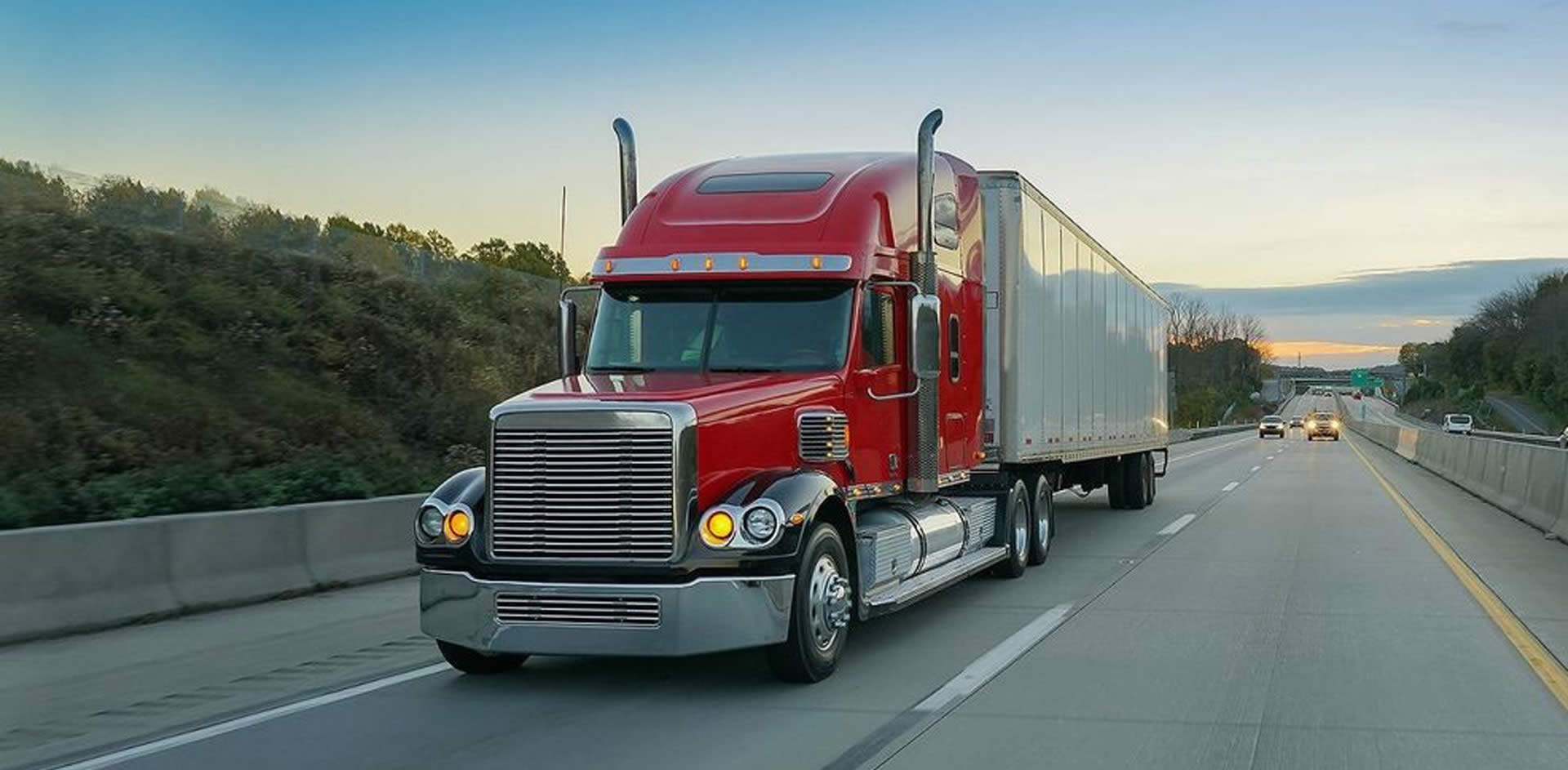
In 2018, 4,951 people were killed and 151,000 people were injured in traffic accidents involving large trucks, according to the National Highway Traffic Safety Administration (NHTSA). 71% of the people who were killed in these accidents were in another vehicle involved in the crash and 11% of the people killed were pedestrians or bicyclists. That means large trucks can be dangerous, and that when they are involved in a fatal crash, it’s usually the other guy who gets killed.
The Federal Motor Carrier Safety Administration Office of Research and Analysis (FMCSA) conducted a large truck crash causation study to determine what was causing traffic accidents involving large trucks. The study defined large trucks as trucks with a gross vehicle weight rating of more than 10,000 pounds.
FMCSA found in the study that 87% of the truck accidents reviewed were caused by some sort of driver error, either by the truck driver or the driver of another vehicle. The following are some of the most common causes of truck accidents.
Truck drivers sometimes receive hurried and inadequate training, so that they are ill-equpped to handle such massive vehicles on the road. Lack of training for truck driving techniques, common safety concerns, and truck-specific defensive driving methods are a common cause of truck accidents.
The FMCSA causation study found the following issues were often involved in large truck accidents:
FMSCA has created resources to provide truck drivers with safety tips on its website.
One of the most common causes of truck accidents is driver fatigue. Truck driver compensation systems often encourage faster vehicle speeds and for drivers to stay behind the wheel for much longer than is advisable. Many truck drivers experience pressure from their employers to meet short delivery deadlines and stick to onerous delivery schedules. The demanding schedules and expectations placed on drivers by trucking companies encourage them to keep driving for long, consecutive hours, despite the safety risks involved.
Driver fatigue and sleep deprivation make it much more likely that a driver will suffer lapses of attention, and these factors can also play a role in behavior that leads to truck accidents ultimately attributed to other causes. An Australian research study showed that the level of driver fatigue produced by being awake for 18 hours caused impairment equal to that created by a blood alcohol concentration (BAC) of 0.05%. This impairment doubled to match the level of impairment created by a BAC of 0.10% after 24 hours. For reference, a BAC of 0.08% is considered legally drunk in most states.
FMSCA provides truck drivers with the following driving tips for avoiding fatigue:
Distracted driving occurs when any activity diverts a driver’s attention from the road. Common causes of distracted driving include:
Distracted driving is can be dangerous. 2,841 people were killed in 2018 in motor vehicle accidents caused by driver inattention. In fact, studies have shown that nearly 80% of traffic accidents involved some type of distracted driving in the 3 seconds leading up to the crash.
Texting is one of the most common and dangerous forms of driver distraction. Sending or reading a text message can divert your attention from driving for up to 5 seconds. If you’re driving on the highway at 55 mph, looking away from the road for that long is comparable to driving the length of a football field with your eyes shut.
FMSCA provides the following driving tips for preventing truck driver distraction:
Truck driver drug and alcohol abuse is a common problem. To determine the impact of drugs and alcohol in trucking accidents, the National Transportation Safety Board collaborated with The National Institute on Drug Abuse to investigate trucking accidents in eight states where the driver was killed.
During the one year period of the study, researchers examined 168 truck drivers who were killed in accidents. The researchers performed comprehensive drug screens on blood specimens obtained from the fatally injured drivers. The results were shocking.
The results of the study showed the following:
Researchers also concluded that in 50 of the 56 cases where psychoactive drugs or alcohol were found, the impairment caused by the substance use contributed to the fatal accident. These alarming results show just how common the use of drugs and alcohol by truck drivers is and how likely an impaired truck driver is to cause a fatal accident.
So far we have discussed the ways truck drivers can cause truck accidents, but passenger vehicle drivers can also be at fault for their collision with a truck.
Common unsafe actions that car drivers take that can lead to truck accidents include: